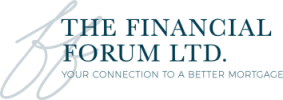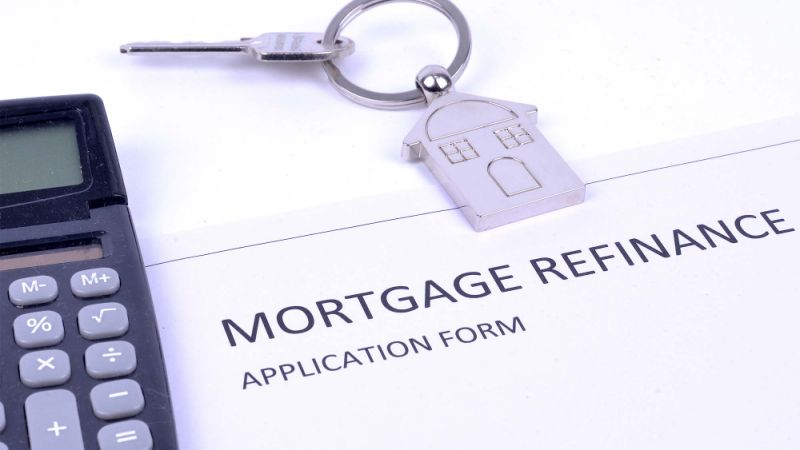When you get pre-approved for a mortgage, you get an idea about the value of your home as well as the mortgage payments associated with it. The pre-approval process also guarantees a fixed interest rate for a specific period of time and you are protected against an unexpected increase in interest rates. Another important thing to remember is that you are not obligated to the bank or even the mortgage broker after the pre-approval process and there is no cost associated with obtaining a mortgage pre-approval.
Why Should you Think About Refinancing your Mortgage?
Well, there are several reasons to refinance your existing mortgage.
You can take advantage of low-interest rates
Breaking your mortgage contract for a lower interest rate makes sense especially if you can save money over a long period of time. However, you need to look at potential penalties for breaking the contract and the size of your remaining mortgage.
Homeowners with a variable rate mortgage are expected to pay three months of interest as a penalty. If you hold a fixed-rate mortgage, you are required to pay a penalty of more than three months interest. In some cases, you might be required to pay an interest rate differential penalty (IRD).
Access home equity
Another reason to refinance your mortgage is to gain access to equity in your home. When you decide to refinance your home, you can gain access to up to 80% of the value of your home minus the outstanding mortgages. This chunk of money can be used for investments, home renovation or to finance your child’s education.
The easiest way to access home equity is by breaking your mortgage. Also, consider taking an equity line of credit or blending/extending your mortgage with the current lender.
Debt Consolidation
If you have enough equity in your home, you can use the amount to get rid of high-interest debt. For example, you can use refinancing to pay out outstanding debts such as a car loan, credit card bill or even a different line of credit. There is a variety of refinancing options that allow you to consolidate all of your outstanding debt.
How Do I Refinance My Mortgage?
Though mortgage rates these days are pretty attractive, many Canadians are thinking about refinancing before the mortgage rates go higher. You have the chance to do some refinancing and swap your high-interest rate mortgage with a lower rate plan.
Here are more ways you refinance your mortgage.
Break Your Mortgage Contract early
You can think about breaking your existing mortgage contract early to make the most of the lower interest rate and access home equity. In this case, you can take on a new mortgage contract with a lender of your choice for a lower interest rate.
Add a line of credit
Adding a home equity line of credit is best if you want to access the equity in your property on your own terms. You will be responsible for making only one monthly payment to take care of the outstanding balance. Your existing lender can help you with getting a home equity line of credit.
Blend or Extend Your Existing Mortgage Plan
Your lender can offer you a better mortgage plan by blending your existing mortgage with the money you borrow at the market rate. Blended interest rates will be higher than most other competitive mortgage rates in the market. Make sure you do your research and compare the new blended or extended mortgage rate with other offers before making a final decision.
What are the Costs of Refinancing Your Mortgage?
The costs depend on the strategy you choose to access home equity or get your mortgage interest rate lowered. You are required to pay legal costs to the lawyer to change the type of financing on your mortgage title. If your mortgage balance is higher than $200,000, you won’t be required to pay the legal fee. It will be covered by the broker or lender.
You are most likely to be hit with a mortgage penalty if you decide to end your contract early. Your lender might charge you with a prepayment penalty if you want to break the contract to take advantage of lower interest rates or you want to access home equity. In the case of fixed mortgage rates, this penalty usually is three months interest or IRD depending on which is higher.
If you have variable mortgage rates, the penalty you are required to pay is three months’ interest.
Is Mortgage Refinancing Right for Me?
Mortgage refinancing can be used for home renovations, blending a first and second mortgage, and debt consolidation. If you’re still not sure whether mortgage refinancing is the right option for you, ask yourself the following questions.
- Are you making minimum payments every month?
- Do you find it difficult to handle multiple payments each month?
- Are you charged higher interest rates than existing market rates?
- Do you wish you had extra money to make other lucrative investments like purchasing stocks and bonds?
- Are you not satisfied with your existing mortgage plan?
If you answered yes, get in touch with your mortgage broker to help you choose the best mortgage refinancing strategy. Like any other financial decision, you need to do your research before selecting a new mortgage plan. Your questions will be answered when you work with a mortgage broker.
What’s better is that a mortgage broker can help you get through the process of refinancing quickly and efficiently, and more importantly, can help you find the lowest interest rate around.





